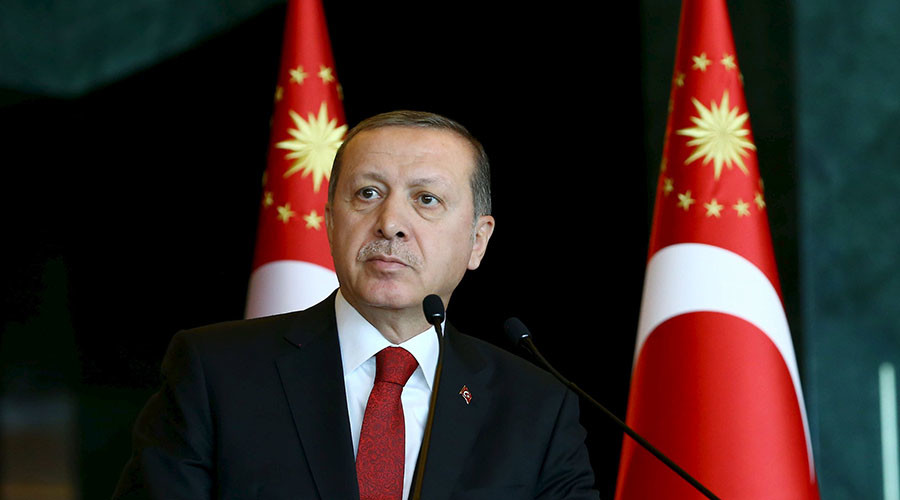Erdogan establishes Presidential Dictatorship in Turkey
April 17, 2017 | Expert Insights

On 16th April 2017 Turkey voted in a referendum to replace parliamentarian government with a presidential dictatorship. President Recep Tayyip Erdogan narrowly won the referendum to enabling him to stay in office until 2029. 51.37% voted in favour of Erdogan’s campaign while 48.63% votes against.
What are the reactions to the referendum?
Erdogan’s supporters believe the new Presidential system would help in modernising Turkey. It would help Turkey become independent of the influence of other countries such as US, UK etc. On the other hand the two main opposition parties intend to challenge the decision of the referendum. The Republican People's Party (CHP) demanded a recount of 60% of votes. They criticised the decision to accept unstamped ballot papers as valid unless proven otherwise. Also a referendum held in state of emergency does not satisfy the principles of natural justice.
In response to the oppositions raised the Supreme Electoral Council of Turkey headed by Sadi Guven declared the results of the referendum as valid. Guven told reporters on 17th April 2017 that the unstamped ballot papers had been produced by the Supreme Electoral Council and are valid. He added that a similar procedure had been used in past elections.
Germany refused to let Erdogan to lead political rallies on German soil resulting in a diplomatic spat between the two countries. The Council of Europe (a pan-European human rights body of which Turkey is a member) emphasised on the importance to secure the independence of the judiciary in line with the principle of rule of law enshrined in the European Convention on Human Rights.
What does the new Constitution propose?
The new presidential and parliamentary elections are expected to be held on 3 November 2019. With this the President so appointed will hold office for a term of 5 years and can stay in office up to 2 terms only. The president will be conferred with the powers to directly appoint top public officials (including ministers), assign one or several vice-presidents, will also have power to intervene in the judiciary and has decision making powers with respect to emergency provisions. Finally, the job of Prime Minister will be scrapped.
Erdogan’s Claims –
Mr Erdogan claims that the new system will resemble the French and US which will eventually solve all the issues caused by the Kurdish insurgency, Islamic militancy and conflicts with Syria. He added that the changes need to be made to tackle security challenges of the past nine months (after an attempted coup) and also to avoid the fragile coalition governments of the past.
Analysis
Critics fear that the new system will make the president's position too powerful, amounting to one-man rule, without the checks and balances of other presidential systems such as those in France and the US.
Assessment
Montesquieu in The Spirit of the Laws emphasised on the importance of the need for three separate branches of government (in case of a constitutional government). But as per the proposed amendments to the Turkish Constitution, the doctrine of separation of powers would cease to exist in Turkey as the President is conferred with powers to intervene in all three organs of the government. Erdogan gaining absolute powers such as this will only lead to destruction of the Turkish Government. He has been running the country in a state of emergency with reports suggesting abuse of power by the authorities. The opposition leaders being imprisoned during the referendum voting as well as speculations of the votes being rigged only add on to the abuse of power by Erdogan and his government. With the new Constitution conferring special presidential powers, Erdogan can justify his cruel and calculated actions. The Turkish government should take these issues into consideration while implementing the new constitution in order secure and protect the future of Turkey. Unless there is separation of powers it would be impossible for a just and fair government to function in the country.








Comments